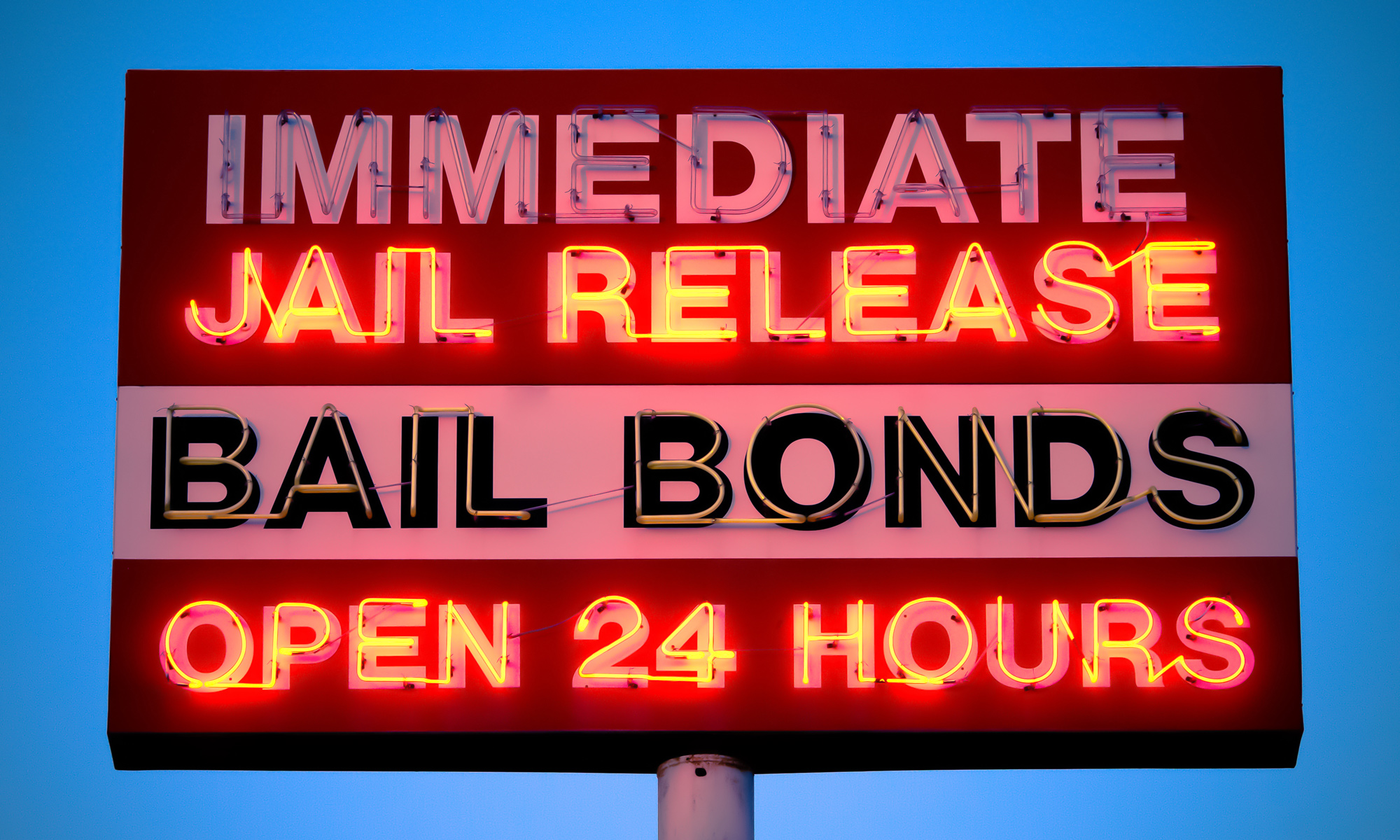Non-Arrest Bonds That Ease the Process for Legal Compliance.
Non-Arrest Bonds That Ease the Process for Legal Compliance.
Blog Article
Your Guide to Quick and Economical Bond Bonds Solutions
A detailed understanding of the different kinds of bail bonds, alongside an awareness of the factors affecting costs, is vital for making sound options. Determining reliable bail bond firms that offer versatile payment structures can significantly alleviate the monetary problem.
Comprehending Bond Bonds
Bond bonds serve as a device that permits people charged of criminal offenses to secure their release from guardianship while awaiting trial. If the implicated can not pay for the bond quantity set by the court, they may look for the solutions of a bail bond agent.
The bail bond agent normally charges a non-refundable charge, generally a percent of the overall bond amount, in exchange for securing the launch of the defendant. The agent after that gives a surety bond to the court, ensuring that the defendant will show up at all needed court days. If the accused falls short to appear, the bond representative is responsible for paying the complete bail amount to the court, leading them to take steps to situate and return the accused to protection.
Recognizing just how bond bonds feature is vital, as they provide a vital service within the legal system, balancing the rights of the charged with the requirement for public safety and security and judicial accountability.
Kinds of Bond Bonds
Numerous kinds of bond bonds exist to accommodate different situations and needs within the judicial system. The most typical type is the surety bond, where a bondsman offers a warranty to the court for a cost, normally a percentage of the overall bond quantity. This bond allows people to safeguard their release without having to pay the full bail upfront.
One more kind is the cash bond, which calls for the accused or their household to pay the entire bond amount in money straight to the court - Harris County Bail Bonds. This option is usually utilized for reduced bond quantities and can result in the return of funds upon the accused's court look
Property bonds are another choice, in which people make use of genuine estate as collateral for their bail. This sort of bond can be complicated, as it entails the appraisal of the residential or commercial property and the capacity for liens.
Finally, federal bonds are made use of in government cases and normally include larger sums and more rigorous problems (Harris County Bail Bonds). Comprehending these various sorts of bail bonds can aid defendants and their families make informed decisions customized to their particular lawful scenarios
Cost Elements in Bond Bonds
The price of bail bonds can differ considerably based upon numerous crucial elements that affect the total expenditure for offenders and their family members. Mainly, the amount of the bond set by the court plays an essential duty. Bail quantities can vary from minor amounts for less major offenses to substantial numbers for more significant crimes, leading to greater bond costs.
Another crucial variable is the danger assessment carried out by the bail bond agent. If the accused is deemed a trip risk or has a criminal background, the representative may bill a greater costs to alleviate their monetary direct exposure. In addition, the state policies regulating bond bonds can affect prices, as different states impose differing optimum fees that agents can bill.
The kind of security called for additionally affects the general cost. In many cases, a bail bond business might call for building or assets as security, which can affect the final quantity owed. Repayment plans used by court bonds bail bond business might add to prices, as passion or charges can be incurred if repayments are spread over time. Comprehending these elements is necessary for accuseds and their households when navigating the bail process.
The Bond Bond Refine
Comprehending the expense variables related to bond bonds is necessary for navigating the subsequent stages of the bond process. The bail bond procedure usually begins when an offender is arrested and nabbed. Upon reservation, a bail quantity is established based on the nature of the fees and the offender's criminal history. If the accused can not pay for to pay the bond, they might look for a bail bond from a certified bail bondsman.
The bail bondsman requires a percent of the total bail quantity as a non-refundable charge, which usually varies from 10% to 15%. As soon as the cost is paid, the bondsman will certainly publish the bail with the court, protecting the accused's release. It is critical for offenders or their households to provide exact details to the bondsman, as any kind of inconsistencies may make complex the process.

Finding Affordable Options
Exploring budget friendly options for bail bonds is crucial for defendants and their households, especially throughout an economically demanding time. The expense of bail can frequently be frustrating, making it essential to recognize choices that ease financial worries while making certain the offender's launch.
One effective method is to choose bail bond companies that provide flexible settlement plans. Numerous trusted companies recognize the financial strain on families and offer options that permit for installment settlements, reducing the in advance expense. In addition, some agencies might use price cuts for specific demographics, such as military workers or novice customers, which can additionally lessen economic effect.
It is also advisable to contrast rates amongst various bail bond solutions. Different factors can affect the fee structure, consisting of the nature of the criminal offense and the amount of bail collection. Transparency in rates is essential, so ask about any kind of concealed charges or extra costs.
Conclusion

Report this page